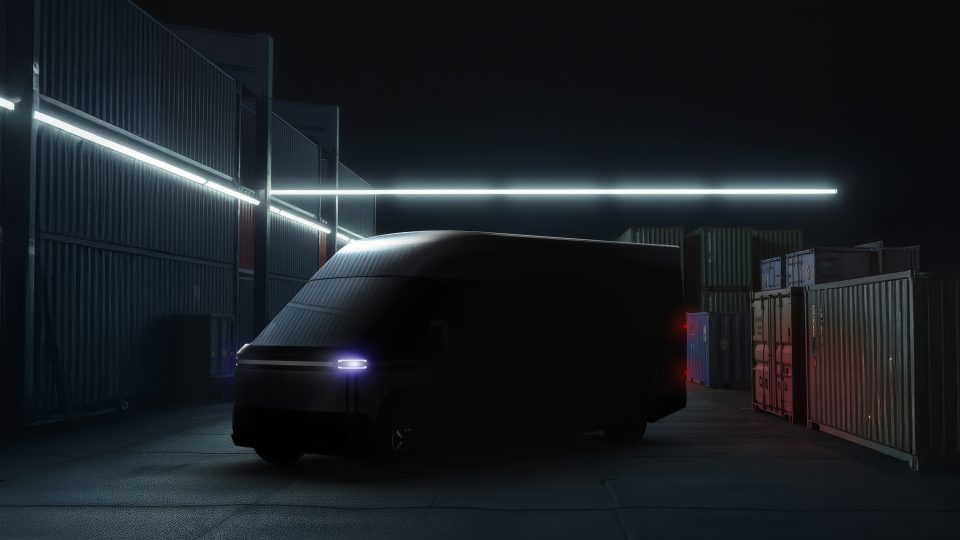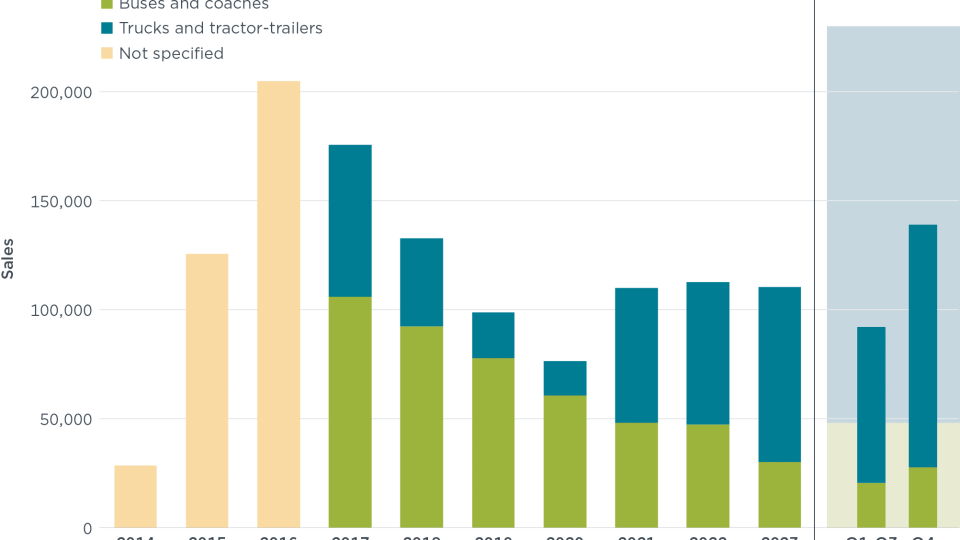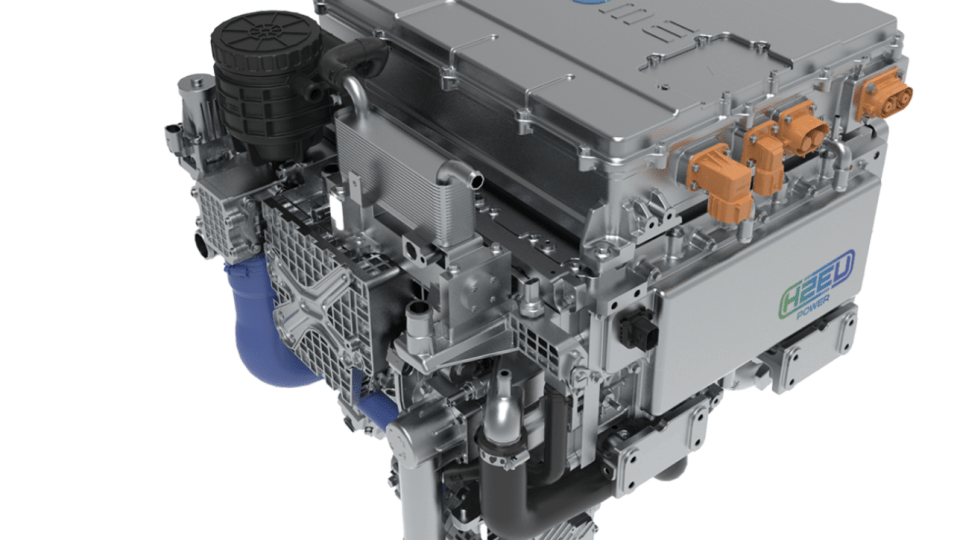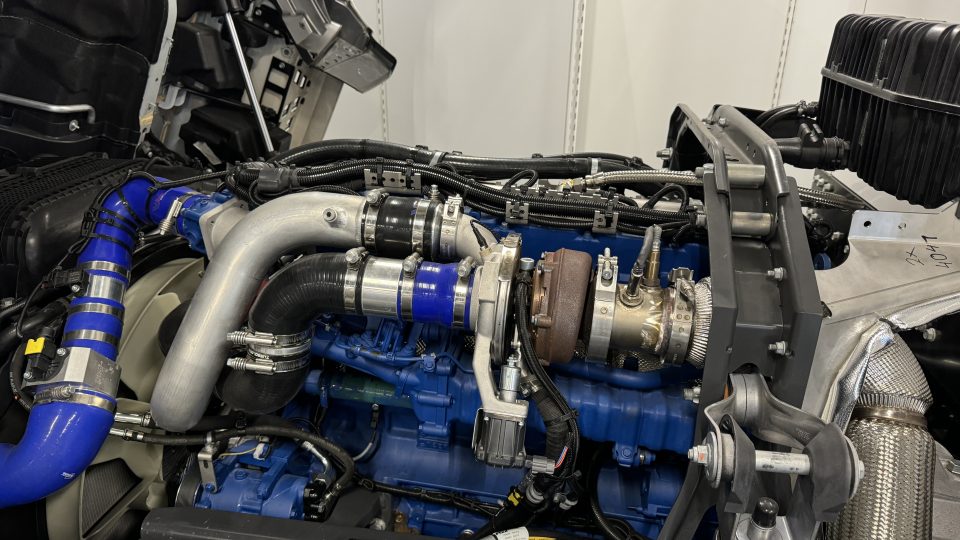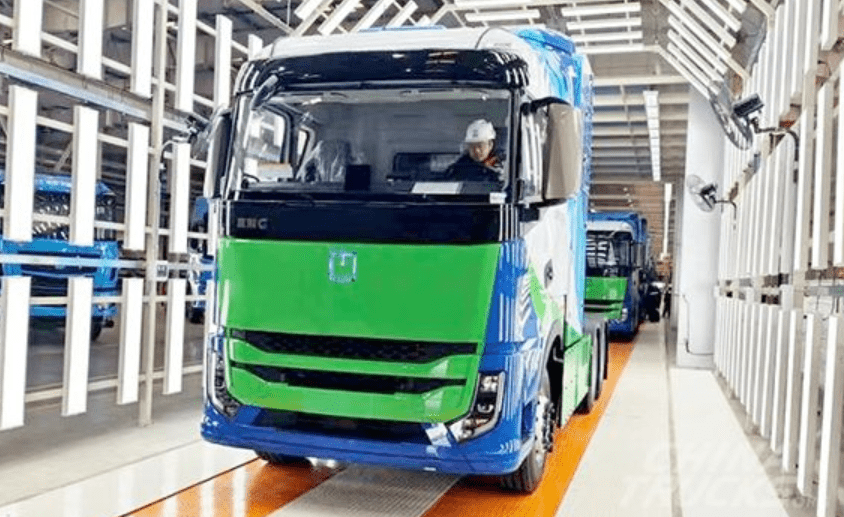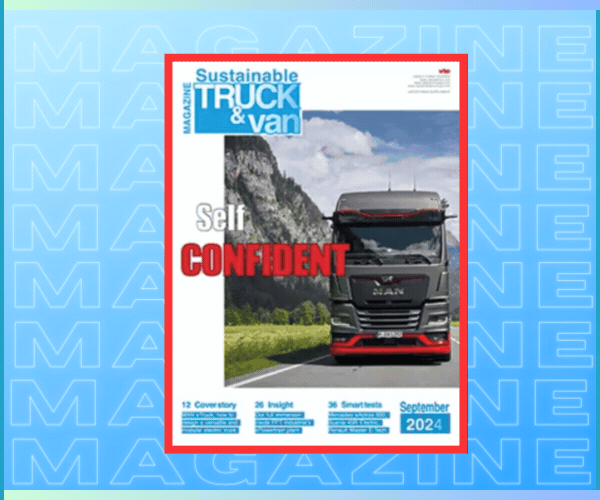Hydrogen trucks, we’ll see Toyota fuel cells in Hyliko 44 ton and 26 ton models
Hyliko, specializing in vehicle manufacturing with a thorough truck-as-a-service offering, will equip a 44 ton tractor and a 26 ton straight truck (available in 6×2 and 6×4 variants) with two fuel cell modules developed by Toyota.
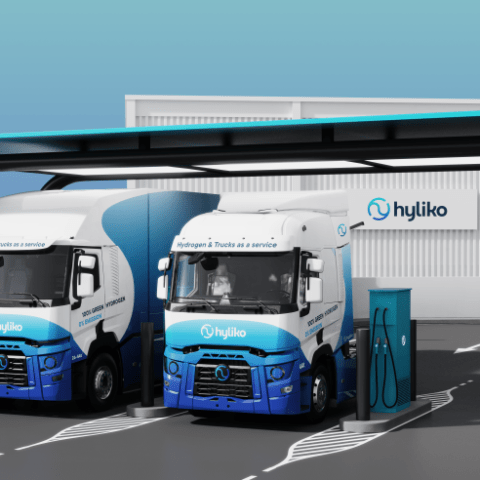
Toyota fuel cells will equip the next Hyliko hydrogen trucks. The French company, specializing in vehicle manufacturing with a thorough truck-as-a-service offering, will equip a 44 ton tractor and a 26 ton straight truck (available in 6×2 and 6×4 variants) with two fuel cell modules developed by Toyota relying on over 30-year Japanese expertise.
Hydrogen trucks, statements from Hyliko and Toyota
“We are absolutely thrilled to partner with Toyota who will equip our first vehicles with its hydrogen technology. Renowned for their reliability and performance levels, Toyota fuel cell modules are key components in the design and construction of our new hydrogen trucks. Over and above our desire to develop clean, efficient vehicles for road freight transport, we are pursuing efforts to roll out the key components of our offer which includes leasing and maintenance of hydrogen trucks and supply of hydrogen fuel. We are keen on unveiling our new fuel cell truck in the near future to help achieve the decarbonisation goals of road freight transport, which is a key sector of our economy”, explained Ovarith Troeung, CEO of Hyliko.
“We are delighted to announce an agreement with Hyliko for the supply of our fuel cell modules. Hyliko is a dynamic start-up with a broad vision on hydrogen, as they plan to offer all the main components of an eco-cluster: a fuel cell truck, the supply of green hydrogen and a leasing and maintenance scheme. Having such a holistic and long-term view on the growth of a viable hydrogen ecosystem is necessary for business sustainability and to reassure investors. Together with partners like Hyliko, we will continue stimulating eco-clusters around Europe towards a larger hydrogen society, as one of the main building blocks to achieve carbon neutrality by 2040,” added Thiebault Paquet, Vice President Toyota Motor Europe R&D2 and Head of Fuel Cell Business.


